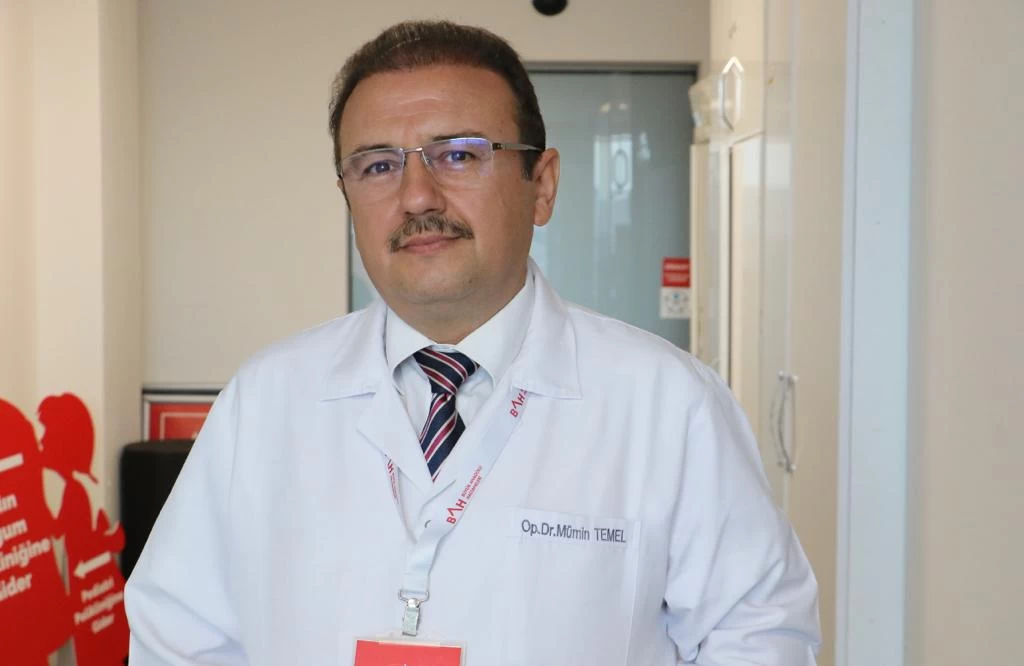
Healthy Circumcision What You Need to Know
- Healthy Circumcision What You Need to Know
- A Brief Introduction to Circumcision
- What Is Circumcision and Why Is It Done?
- How Is Circumcision Surgery Performed?
- What Are the Health Benefits of Circumcision?
- Are There Complications of Circumcision Surgery?
- Post-Circumcision Care Is Important
- In Conclusion…
A Brief Introduction to Circumcision
Circumcision is a common surgical procedure undergone by many male children. It is widely practiced in various societies around the world for both religious and cultural reasons. Circumcision is a simple procedure performed by a urologist and provides various health benefits. In this article, I will share some important information about a healthy circumcision operation.
What Is Circumcision and Why Is It Done?
Circumcision is the surgical removal of the foreskin of the penis. This procedure is performed for various reasons. For some families, circumcision is a religious and cultural tradition. Others choose to have circumcision for hygienic reasons or to obtain various health benefits. Circumcision reduces the risk of infection, improves genital hygiene, and can prevent certain skin problems.
How Is Circumcision Surgery Performed?
Circumcision surgery is a surgical procedure that should be performed by a urologist. The procedure generally involves the following steps:
• Anesthesia: Circumcision surgery can be performed under local anesthesia or general anesthesia. Local anesthesia numbs only the circumcision area, while general anesthesia puts the patient to sleep. The choice of anesthesia method will be determined through an assessment with your doctor.
• Preparation: Before the operation, the patient's genital area is cleansed, and a sterile environment is ensured. This is important to minimize the risk of infection.
• Preparation of the Foreskin: In circumcision surgery, the excess skin called the foreskin is removed. The urologist cuts the foreskin from a specific point on the skin, starting from the tip of the penis.
• Removal of the Foreskin: Starting from the point where the foreskin is cut, the urologist gently removes the skin. This procedure is usually painless because anesthesia has been applied.
• Blood Control: After the removal of the foreskin, possible bleeding points are carefully controlled. Small bleeding points can be cauterized or closed with stitches.
• Wound Care and Closure: After the bleeding stops, the incision area is cleaned in a sterile manner, and an appropriate dressing is applied. This helps reduce the risk of infection and speeds up the healing process. The dressing is typically done with sterile gauze or a special circumcision band. Circumcision surgery is usually a short procedure and generally does not require hospitalization. The healing process can vary from person to person but usually takes a few weeks.
What Are the Health Benefits of Circumcision?
A healthy circumcision operation has some important health benefits. These include a decreased risk of urinary tract infections, prevention of skin infections, reduced risk of penile cancer, and a lower risk of HIV-related infections. However, the extent of these benefits can vary from individual to individual, and it is important to consult a specialist for definitive results.
Are There Complications of Circumcision Surgery?
It is generally accurate to say that circumcision surgery is a low-risk procedure. However, as with any surgical procedure, complications can rarely occur. The most common complications include infection, bleeding, excessive or inadequate circumcision. Nevertheless, these types of complications are usually rare and can be minimized with appropriate surgical techniques and hygienic conditions.
Post-Circumcision Care Is Important
Proper care during the post-circumcision period is crucial. Following your doctor's instructions is important to expedite the healing process and reduce the risk of infection. During the healing process, it is necessary to keep the penis clean and avoid certain activities.
In Conclusion…
Circumcision surgery is a simple yet attention-demanding and hygienic surgical procedure. Therefore, it is recommended to be performed by urologists. It is known that circumcision, which is preferred for religious and cultural reasons, also offers some health benefits. Post-circumcision care and regular follow-up are important for successful healing. It is always best to consult a urologist if you have any questions or concerns.






